A.I. Genealogy Insights Assistant - AI-Powered Genealogy Research
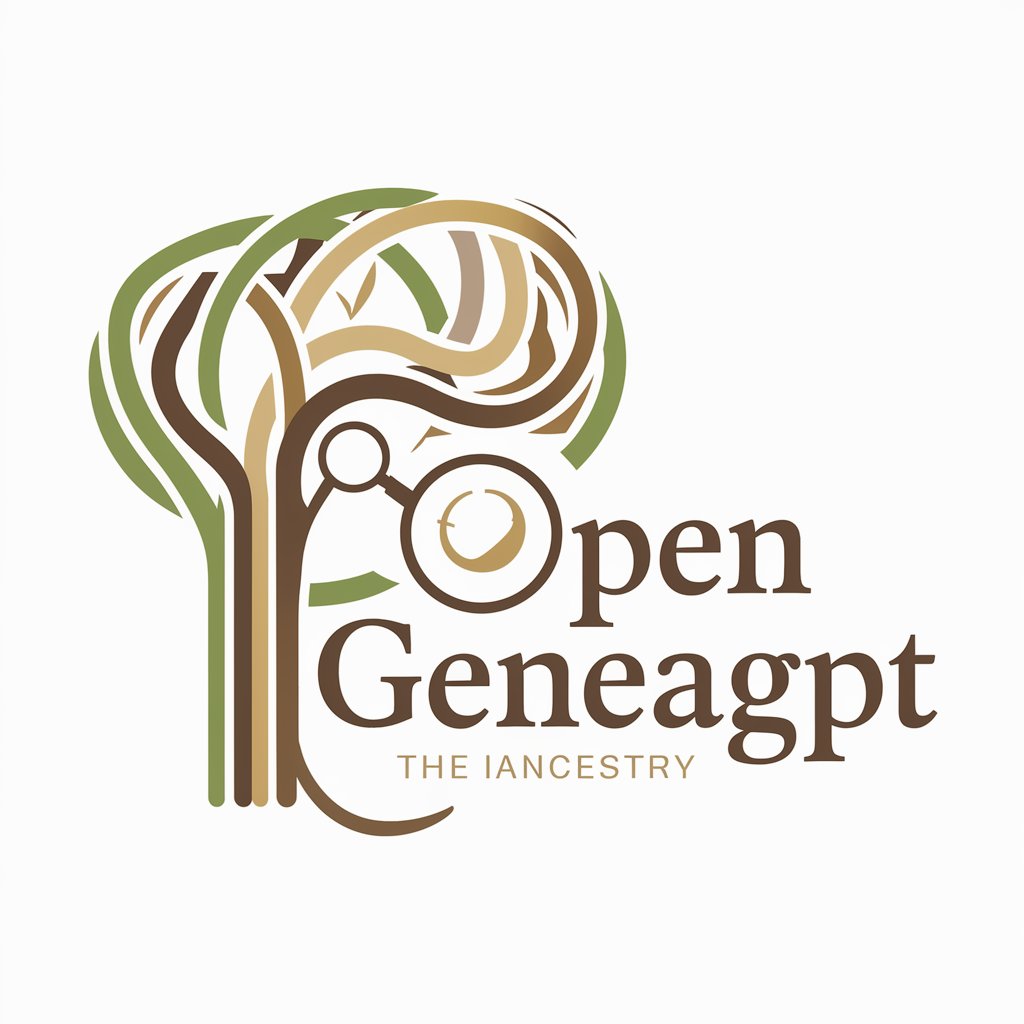
Greetings, Ancestral Explorer! How can I assist you in uncovering your heritage today?
Uncover Your Ancestry with AI
Discover your roots with
Unearth family history through
Explore ancestral connections by
Trace your lineage with
Get Embed Code
Overview of A.I. Genealogy Insights Assistant
The A.I. Genealogy Insights Assistant, also known as Open GeneaGPT, is designed to assist individuals and professionals in uncovering, understanding, and organizing their ancestral histories. The assistant utilizes advanced AI algorithms to analyze genealogical data, offer research guidance, and provide educational support in the field of genealogy. It's equipped to handle various aspects of genealogical research, from interpreting historical documents to advising on DNA test results. An example scenario is when a user is trying to trace their great-grandparent's origin; Open GeneaGPT can guide them through finding census records, drafting queries to access archives, and interpreting the results. Powered by ChatGPT-4o。

Core Functions of A.I. Genealogy Insights Assistant
Research Assistance
Example
Analyzing census records to extract family relationships
Scenario
A user has obtained a 1900 census document but cannot decipher the relationships between individuals listed. Open GeneaGPT could guide the user in understanding typical census column meanings and suggest methods to correlate data with other sources to clarify family connections.
Educational Support
Example
Explaining genealogical terms and concepts
Scenario
A beginner in genealogy is confused about the term 'third cousin once removed.' Open GeneaGPT provides a clear, concise explanation and offers a visual chart to help the user understand and apply the concept to their family tree.
Ethical Research Guidance
Example
Advising on handling sensitive family information
Scenario
A user discovers a potentially scandalous family secret in historical records. Open GeneaGPT advises on the ethical considerations of sharing such information, helping the user navigate the moral implications while respecting family privacy.
Target User Groups for A.I. Genealogy Insights Assistant
Amateur Genealogists
Individuals new to family history research who need guidance on where to start, how to interpret data, and ways to organize their findings. They benefit from the assistant's educational resources and step-by-step research guidance.
Experienced Researchers
Advanced genealogists looking for assistance in breaking through brick walls, interpreting complex documents, or staying updated on best practices and new research methodologies. They appreciate the depth of knowledge and specialized support offered.
Academic Historians
Scholars and students who require historical data verification, analysis of genealogical information, or assistance in connecting personal histories with broader historical events. They value the assistant's ability to process and cross-reference large volumes of data efficiently.

Using A.I. Genealogy Insights Assistant: A Guide
1. Begin with a Trial
Start by visiting yeschat.ai for a hassle-free trial experience without the need for login credentials or ChatGPT Plus subscription.
2. Identify Your Research Goals
Clarify your genealogical questions or objectives to tailor your inquiries effectively, whether you're tracing lineage, verifying ancestral connections, or uncovering historical contexts.
3. Utilize Advanced Queries
Leverage specific, detailed questions to maximize the AI's ability to provide nuanced insights and relevant genealogical data.
4. Explore Varied Features
Take advantage of the tool's range of functionalities, including document analysis, hypothesis generation, and ethical research guidance.
5. Review and Iterate
Critically evaluate the insights provided, and refine your queries based on new information or directions suggested by the AI assistant.
Try other advanced and practical GPTs
Anger Management AI
Navigate anger with AI-powered empathy

Mia AI, your Voice AI Companion
Empowering conversations, AI-powered.
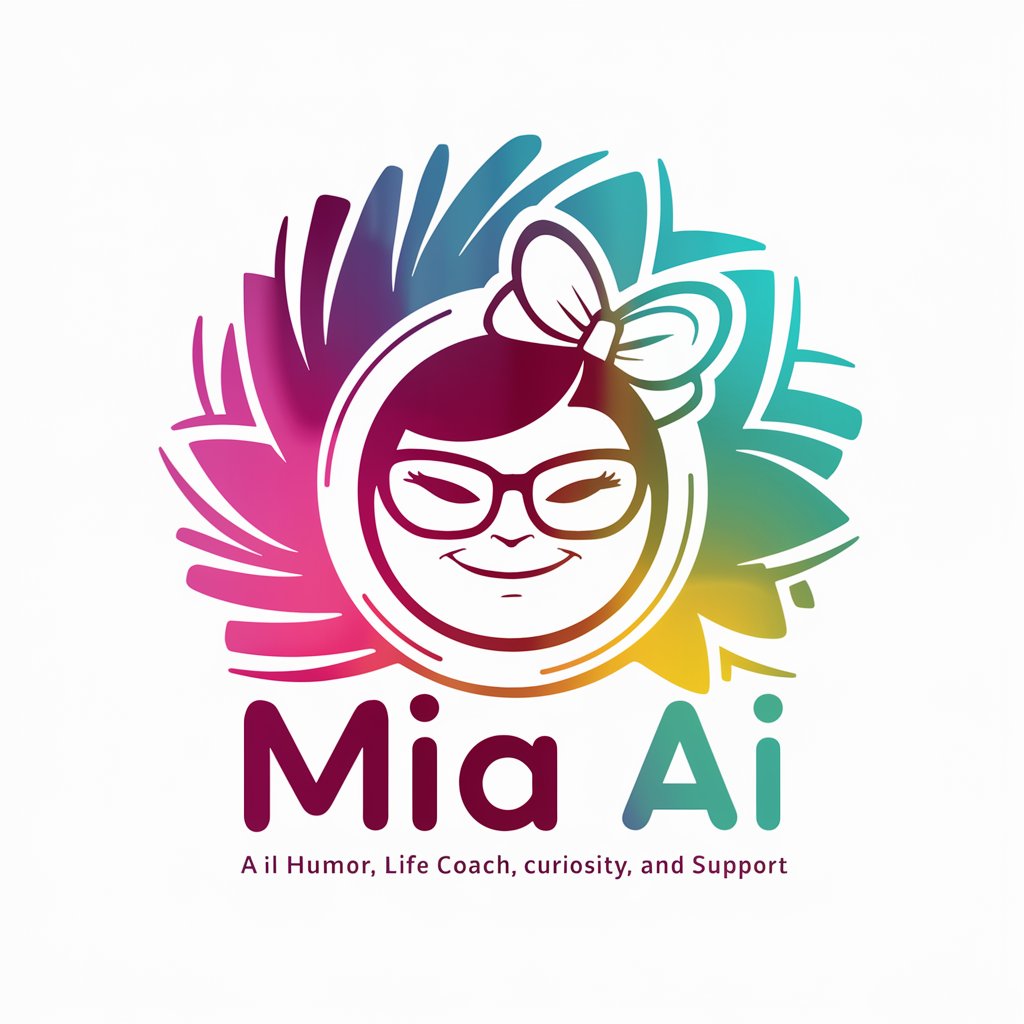
*expert
AI-powered, Ethically Guided Expertise
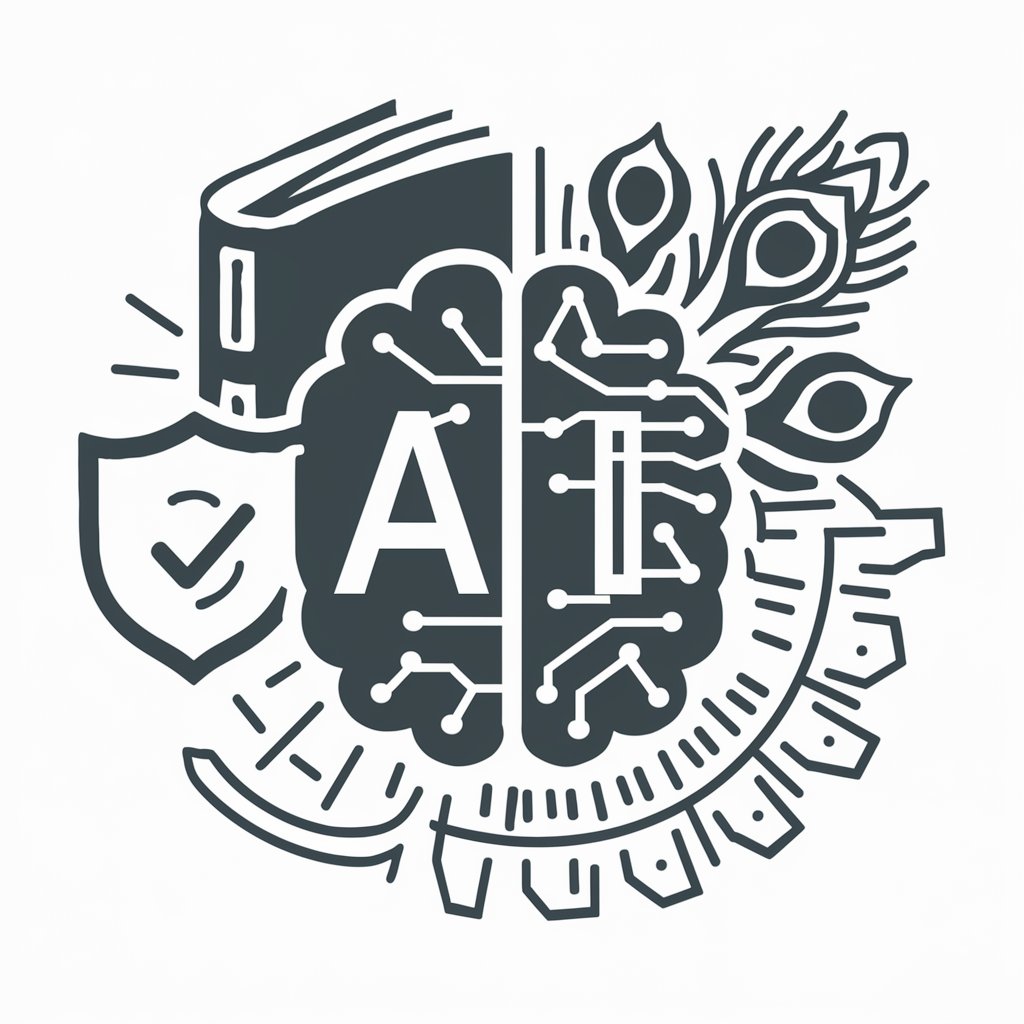
Leet Code Problem Solver
AI-powered Coding Solutions at Your Fingertips
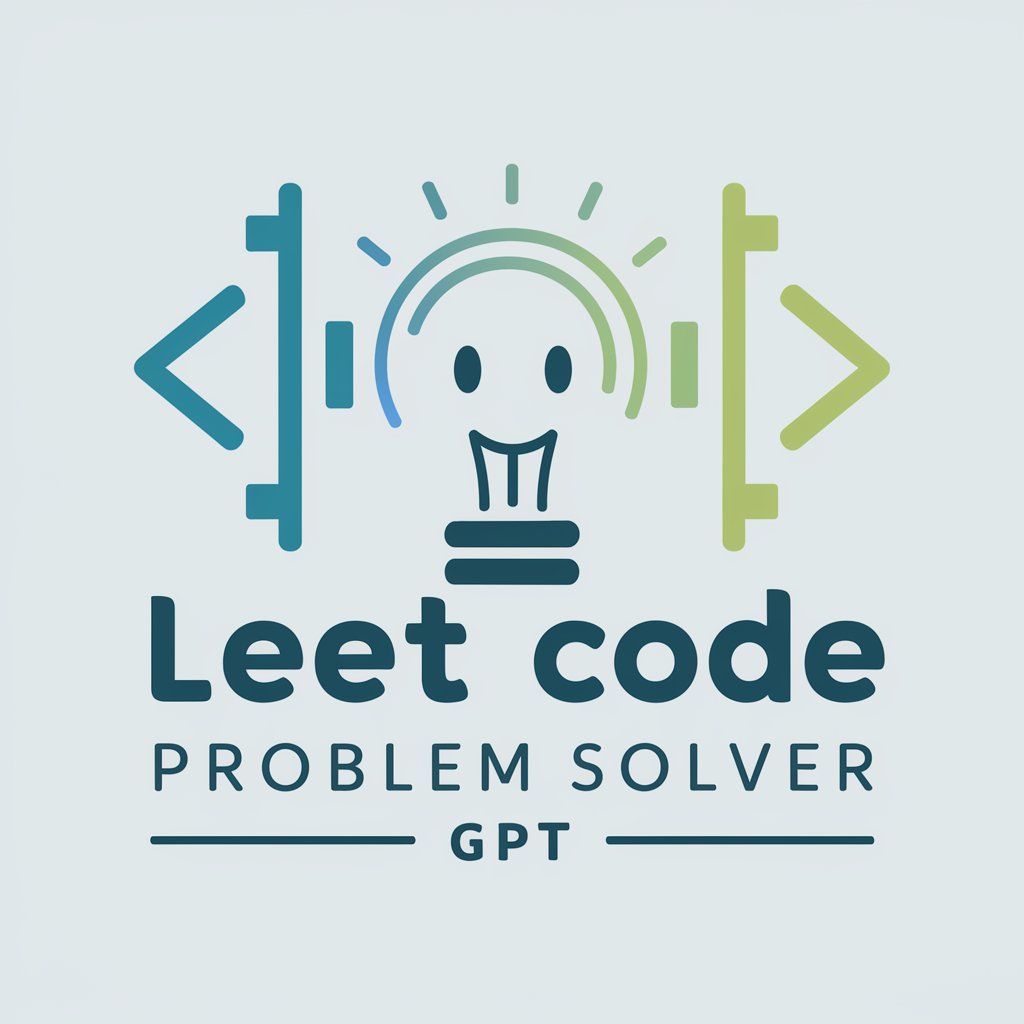
LogoGPT
Craft Your Brand's Identity with AI

Makise Kurisu
Empowering conversations, powered by AI

Stream & Chill UK
Discover, Stream, Chill: Your AI-Powered Guide

Stream & Chill España
Discover and Stream Your Favorites

Stream & Chill Sverige
Discover and Stream with AI

Stream & Chill Chile
Your AI-powered streaming compass.

Stream & Chill Schwiiz
Unlock Swiss streaming with AI

3D TRACKING
Power your creativity with AI-driven 3D tracking.
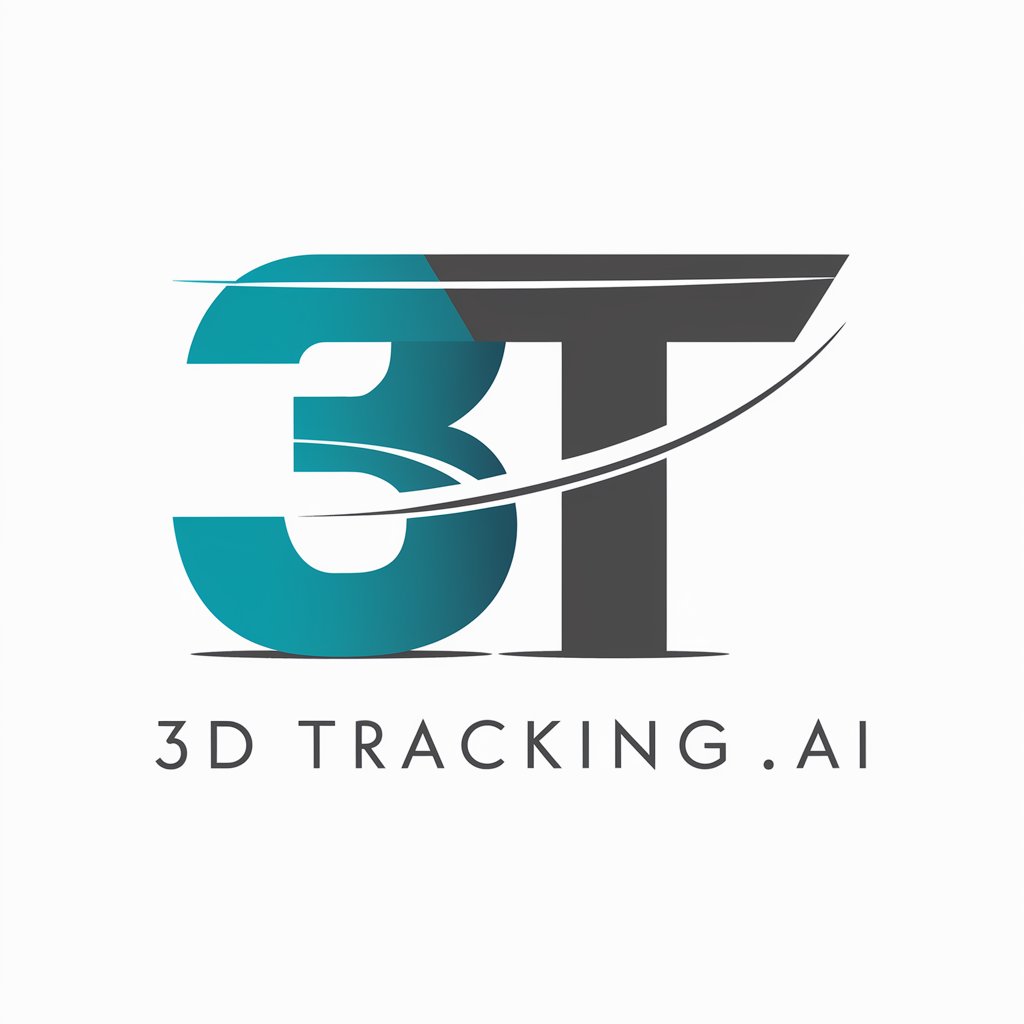
Common Questions About A.I. Genealogy Insights Assistant
What makes A.I. Genealogy Insights Assistant unique?
This tool uniquely combines AI technology with specialized genealogy knowledge, offering users personalized insights and guidance tailored to their family history research needs.
Can it analyze historical documents?
Yes, it can interpret and provide insights on a wide range of historical documents, including census records, birth certificates, and other archival materials.
How does the assistant handle conflicting information?
It employs a logical analysis to evaluate and suggest resolutions for discrepancies within gathered data, emphasizing the importance of source credibility.
Is there a way to improve the accuracy of responses?
Enhancing query specificity and providing context can significantly refine the assistant's accuracy by allowing it to better understand and address the user's research goals.
Can it help with non-English genealogical research?
While primarily designed for English-language research, it can offer guidance and strategies for approaching genealogical inquiries in other languages and cultural contexts.
